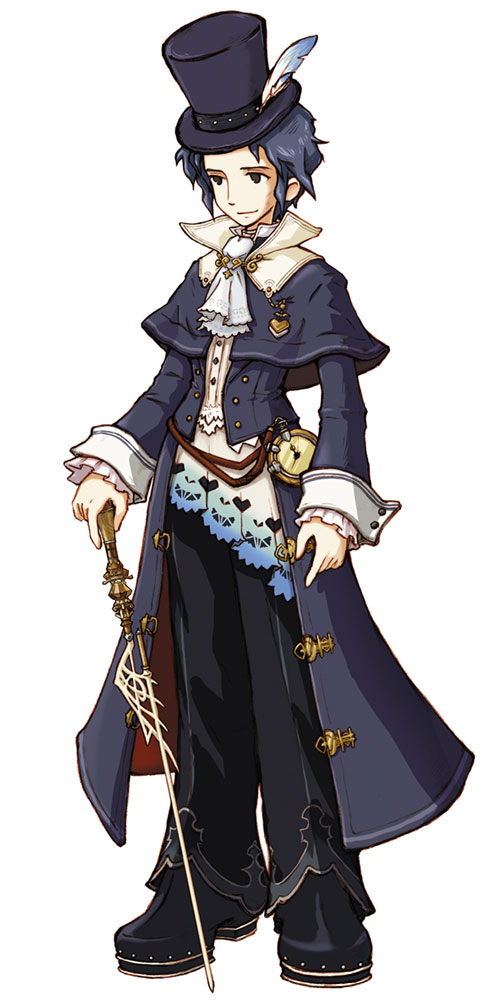Archived version: https://archive.ph/kBVee
The publishing industry has been mired in debate in recent years about editing older books to remove content that could be deemed offensive.
Even the prime minister became involved in February after the publisher Puffin Books hired sensitivity readers to rewrite parts of Roald Dahl’s books to ensure they “can continue to be enjoyed by all today”. The development prompted Rishi Sunak to say that publishers “shouldn’t gobblefunk around with words”.
Jacqueline Wilson waded into the conversation on Monday, saying that making changes to children’s books was sometimes justified and that she would not write one of her past novels today because of its controversial content. Below, we look at what other authors have said on the topic.
Margaret Atwood: ‘If you don’t like it, read something else’
Speaking to the BBC’s Newsnight in March, the Canadian author commented on the Dahl controversy: “Good luck with Roald Dahl. You’re just really going to have to replace the whole book if you want things to be nice.
“But this started a long time ago; it was the ‘Disneyfication’ of fairytales. What do I think of it? I’m with Chaucer, who said: ‘If you don’t like this tale, turn over the page and read something else.’”
Irvine Welsh: ‘I found it a positive experience’
The Trainspotting author said he had worked with a sensitivity reader for the first time when writing his 2022 novel The Long Knives, which deals with transgender issues. He wrote on Twitter: “I was initially very hostile, regarding this as censorship. However, my experience with the trans reader was highly positive.
“The reader was highly supportive of what I was trying to do: balanced, thoughtful and informative, and the book is infinitely better as a result. I found it a positive experience. Certainly, there was none of the crackpot vitriol you see on all sides of the debate on here.”
Charlie Higson: ‘Times and sensitivities change’
Higson, an author of young adult fiction including the first five Young Bond novels, said sensitivity reading is “nothing new”.
In March, he told the Guardian: “I don’t think it was a sensitivity reader who insisted on the change to the original title of Agatha Christie’s And Then There Were None.” The original title included a racial slur.
“Times change and sensitivities change, and thankfully, we now accept that some things in older books can be very upsetting to some modern readers and a more diverse readership,” he said.
Salman Rushdie: ‘This is absurd censorship’
Commenting on the Dahl debate in February, Rushdie described the editing of his books as “absurd censorship”. On Twitter, he wrote that Puffin and the late author’s estate “should be ashamed”.
Despite his defence of Dahl’s works, Rushdie said he was “no angel” and that he was “a self-confessed antisemite, with pronounced racist leanings.”
Philip Pullman: ‘Let him go out of print’
Pullman told BBC Radio 4’s Today programme in February: “If it does offend us, let him go out of print.
“What are you going to do about them? All these words are still there; are you going to round up all the books and cross them out with a big black pen?
“Read Phil Earle, SF Said, Frances Hardinge, Michael Morpurgo, Malorie Blackman. Read Mini Grey, Helen Cooper, Jacqueline Wilson, Beverley Naidoo.
“Read all these wonderful authors who are writing today who don’t get as much of a look-in because of the massive commercial gravity of people like Roald Dahl.”


I'm hooked! I hope it continues to be reported on in the national news so I don't have to occasionally trawl local news for updates sporadically.